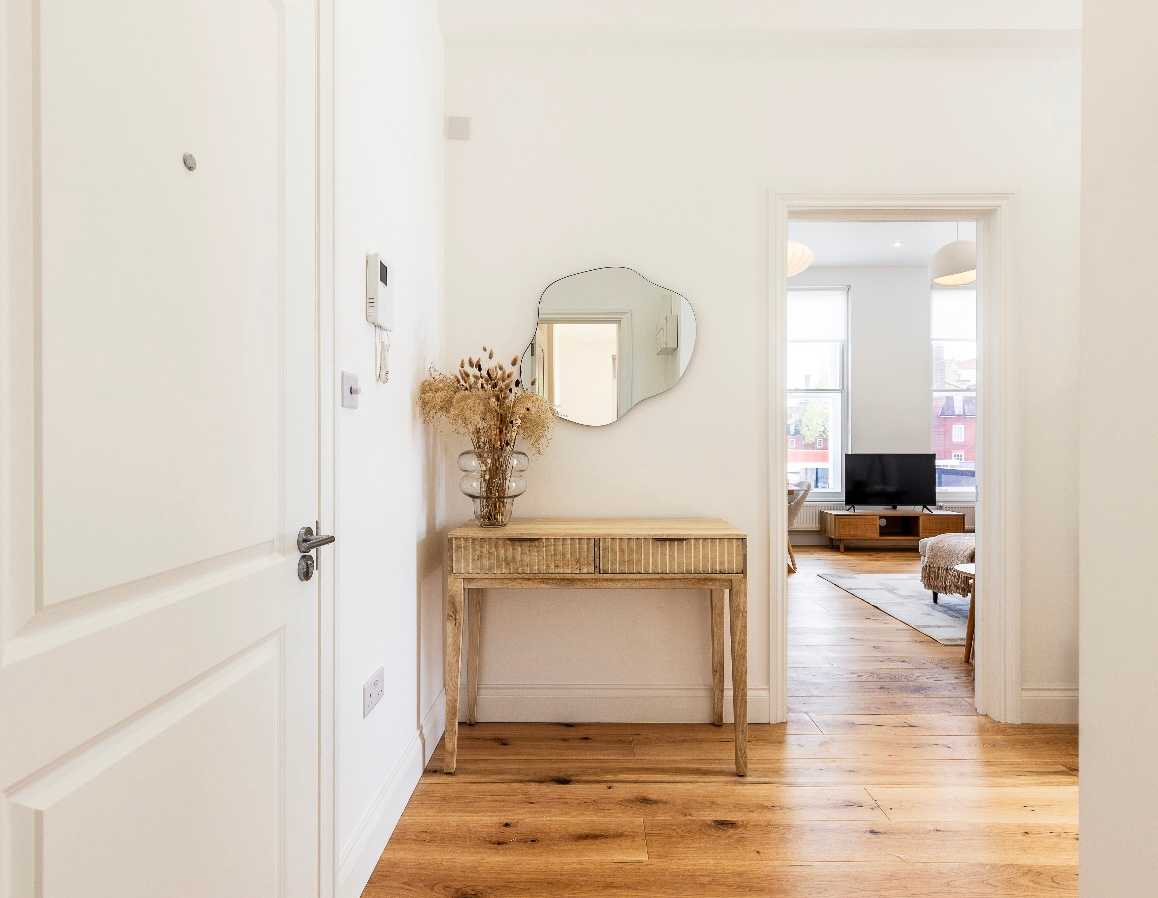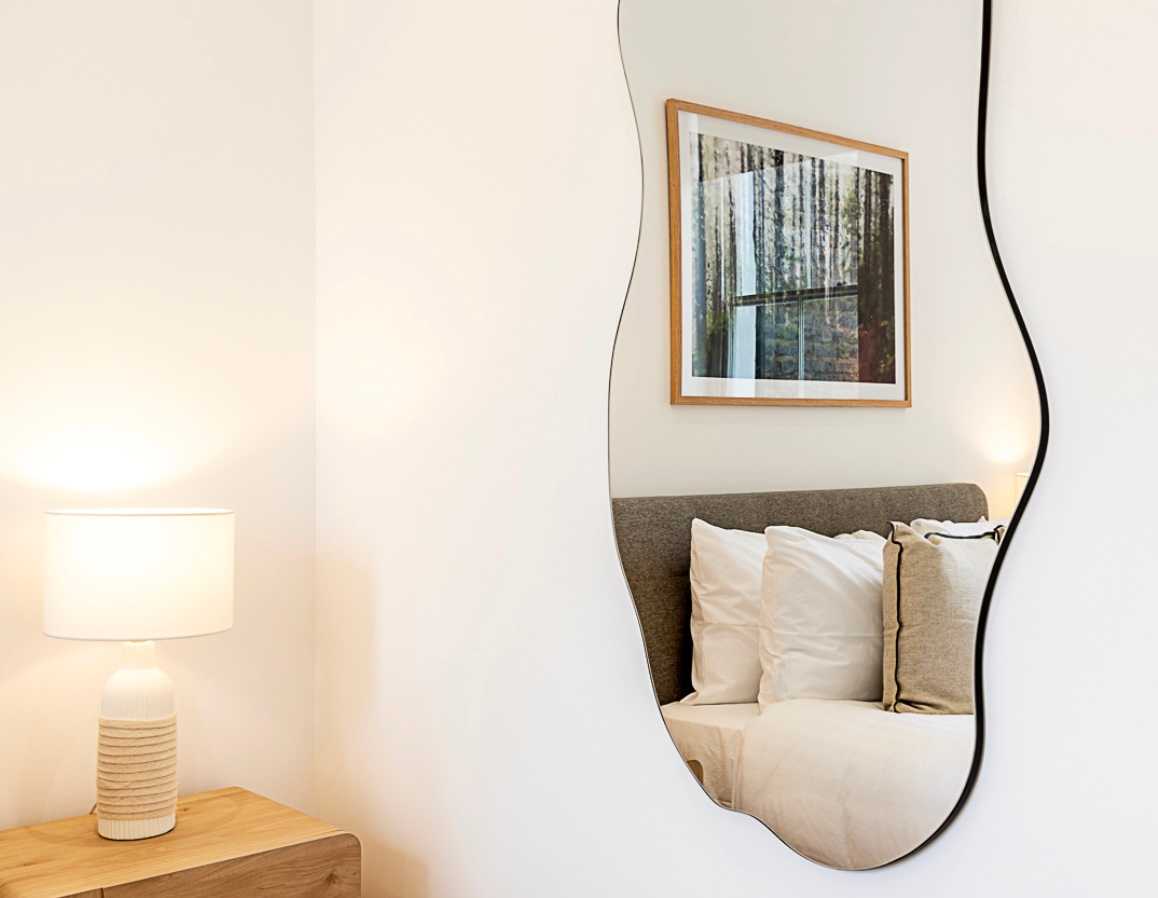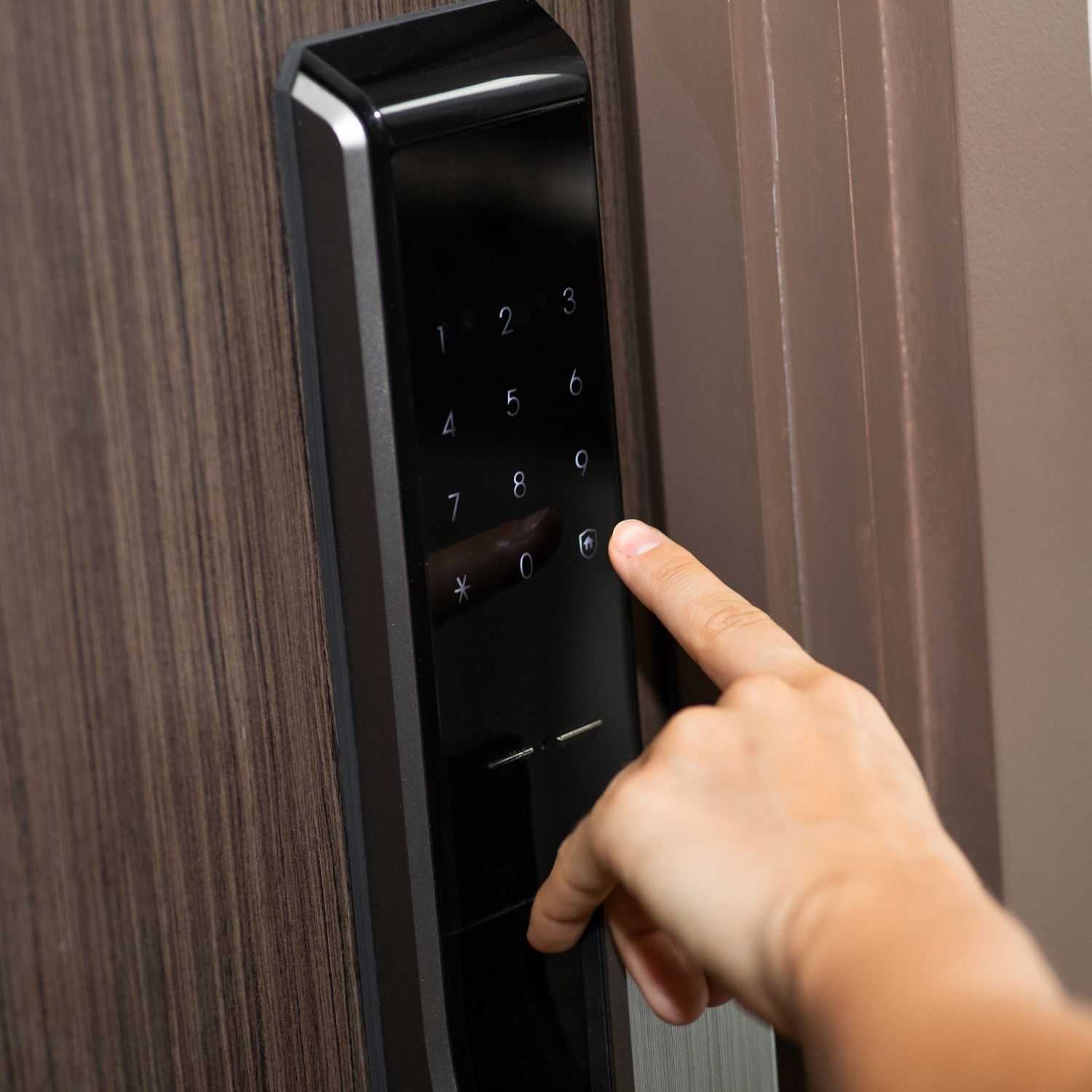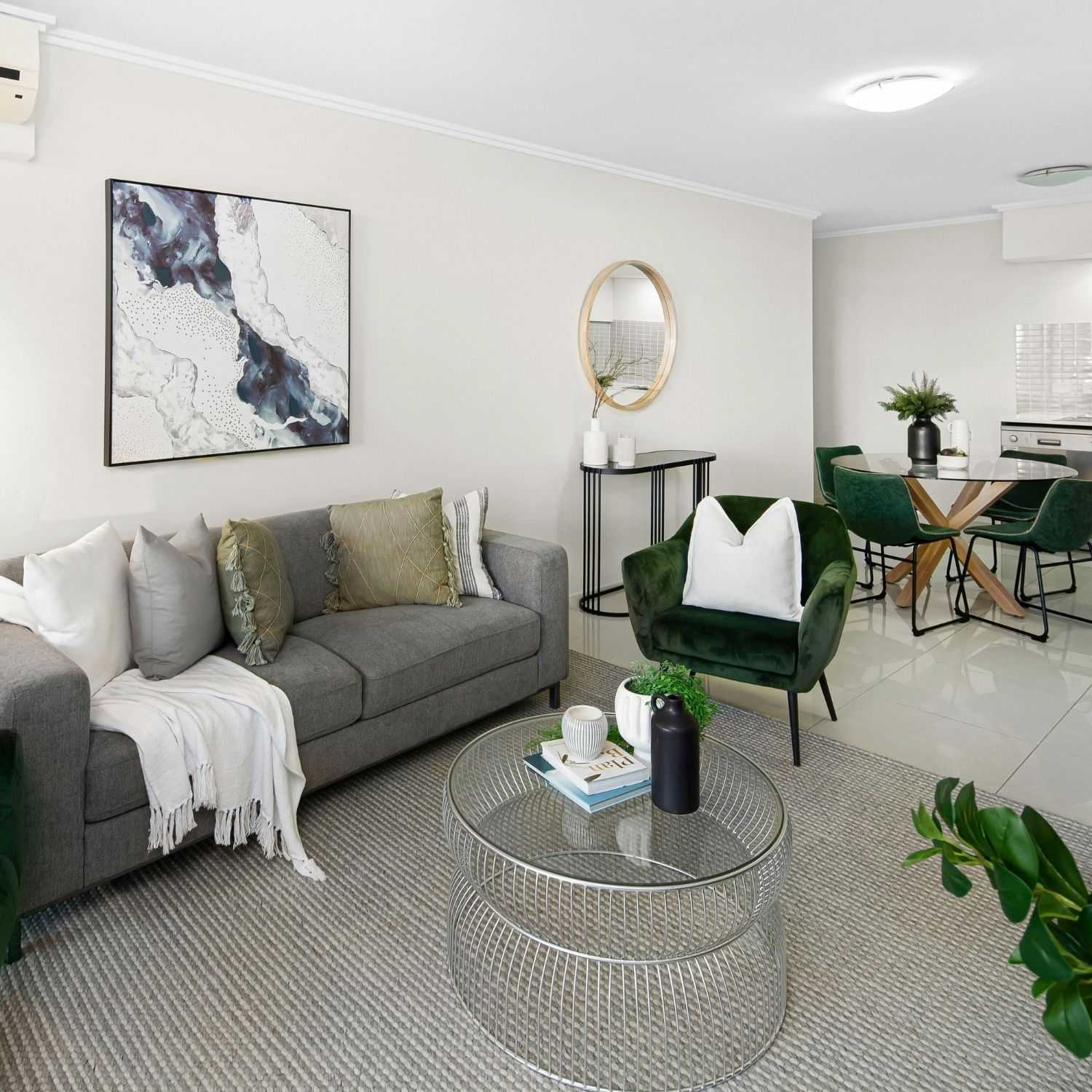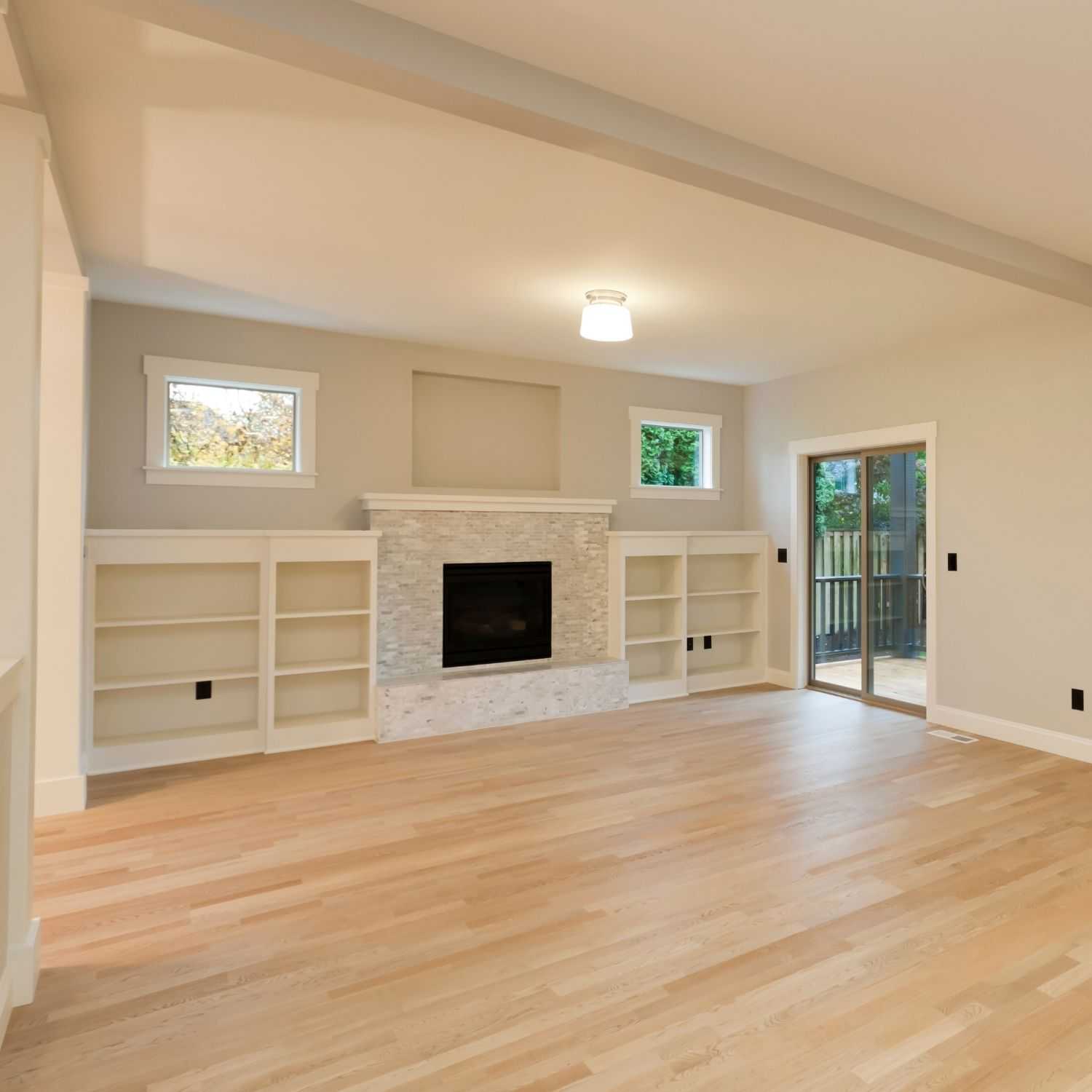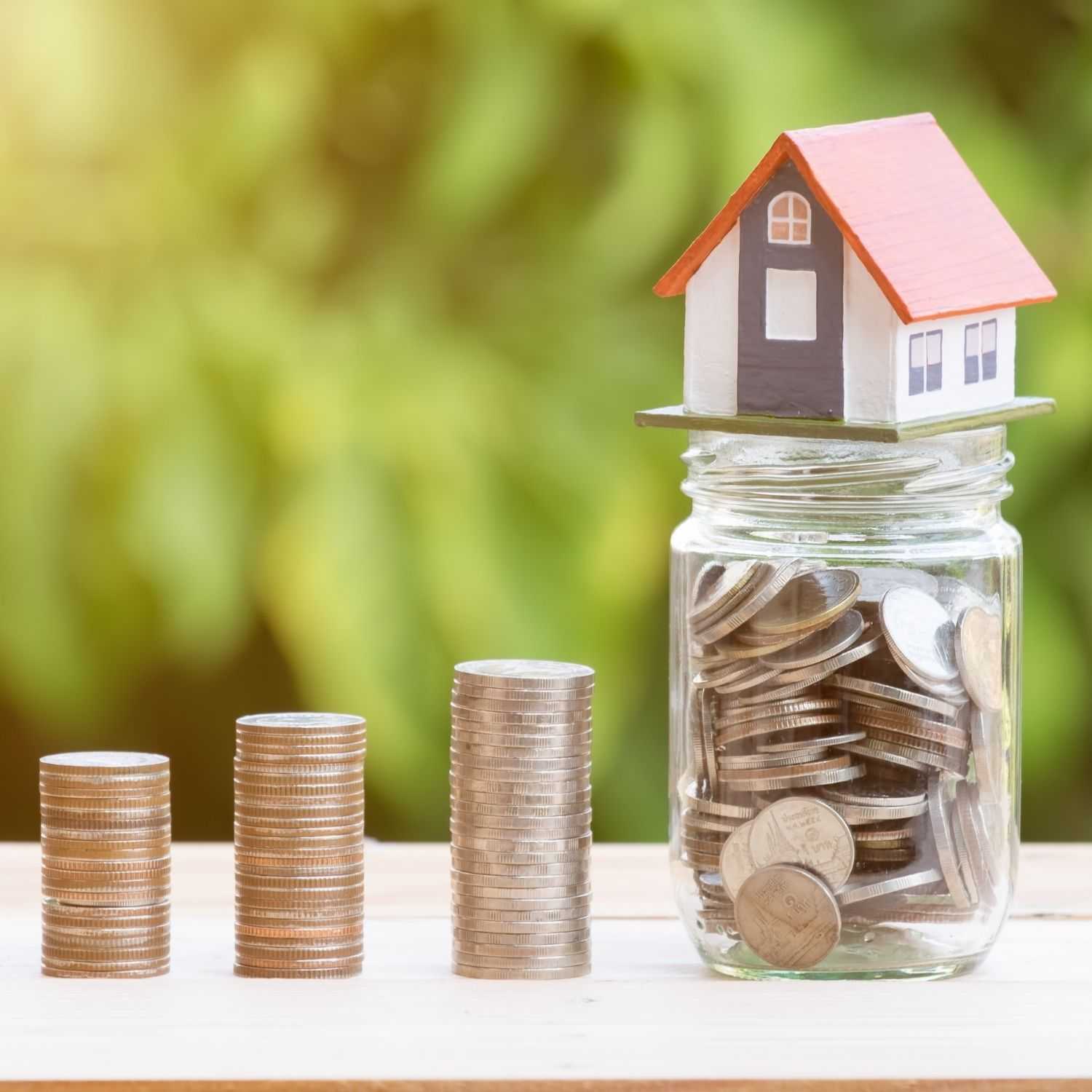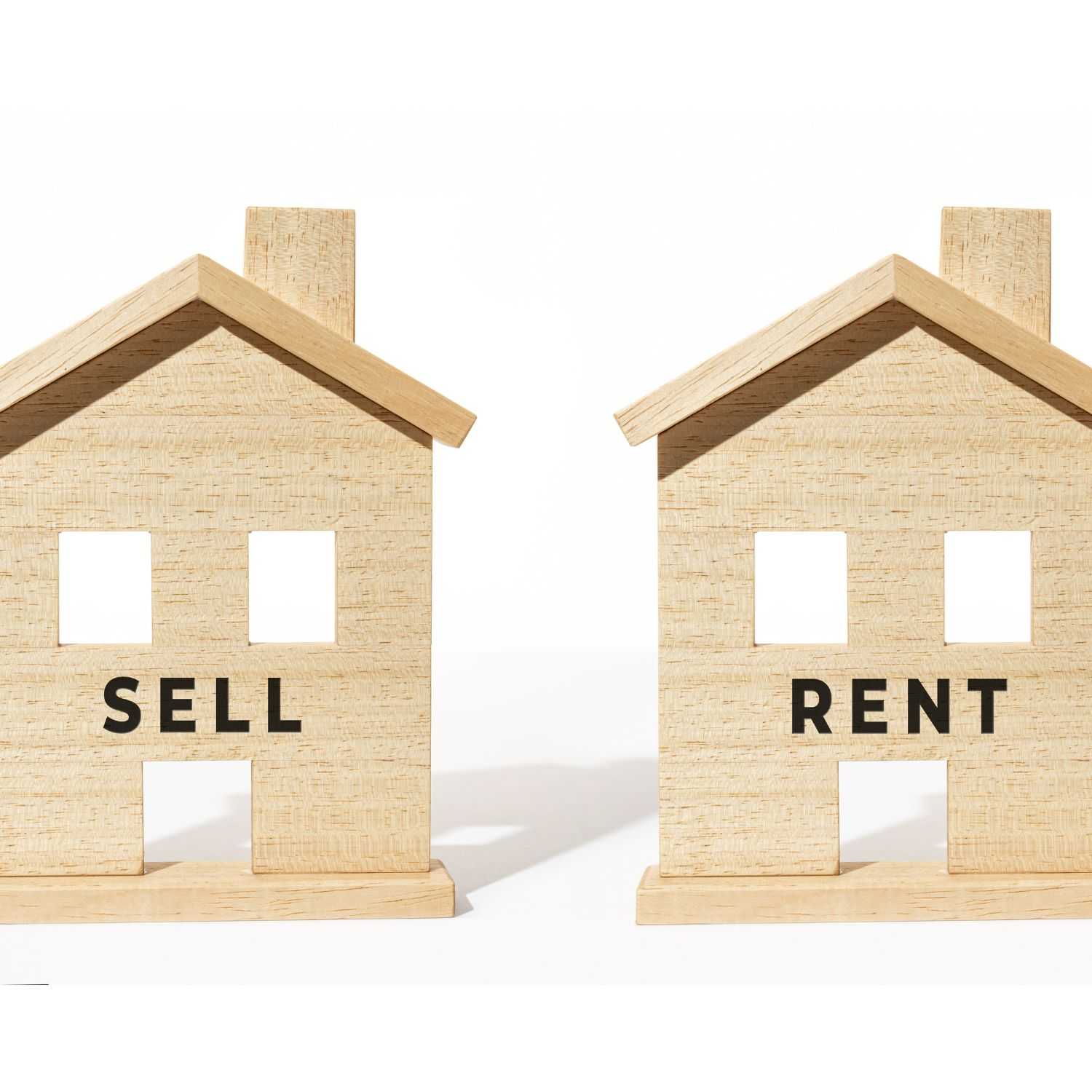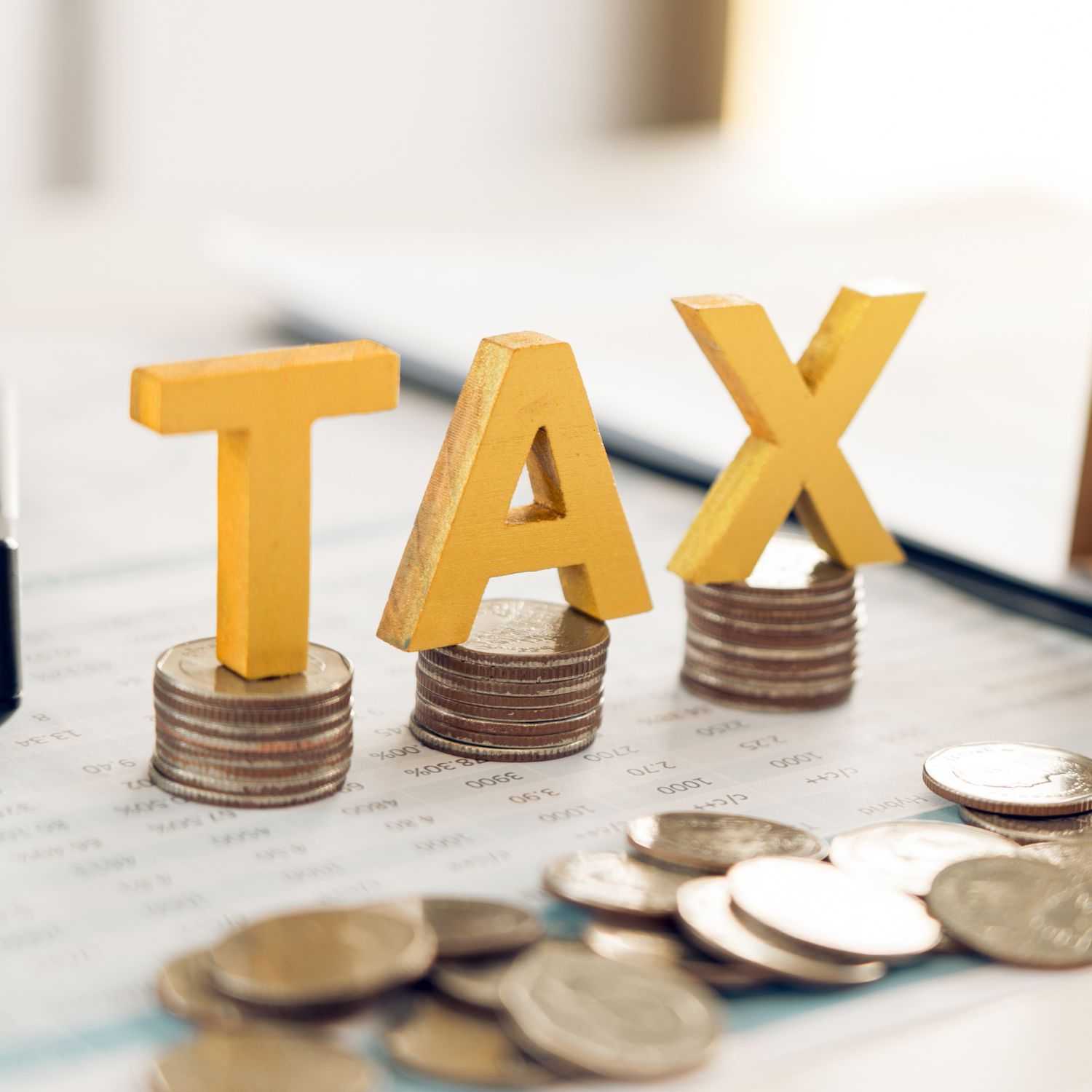Share
Airbnb offers a great opportunity for property owners to earn from their properties. The platform is accessible to a global audience – allowing both property owners and travellers the chance to interact and do business with each other. Landlords can take advantage of this global reach to promote their real estate assets and increase occupancy rates and rental income.
Statistics reveal that the average monthly earnings in London is £2,448.78 (with the amount reaching £3,001.73 during the peak months). With a rental activity of 74% and quarterly growth of 12%, it’s an effective way of building wealth through short-term letting.
Before you get caught up with all these numbers, there’s one thing that you should know. This profitability is intricately linked to the various costs involved in managing Airbnb properties. To be specific, you need to understand the costs involved in Airbnb hosting so you can set the right pricing strategy. Most of these costs are necessary to comply with the standards imposed by the letting platform. Not only that, the expenses are also crucial to having a positive guest experience.
While these costs are necessary, that doesn’t mean you can’t optimise it. If you can minimise the expenses incurred by your Airbnb units, you can maximise its earning potential.
In this article, you’ll discover the different costs that Airbnb hosts usually encounter. You’ll also get tips on how you can optimise your hosting expenses so you can get higher returns for your portfolio.
The Key Costs of Hosting on Airbnb
Becoming a host on Airbnb is filled with promising opportunities – but it’s also riddled with various responsibilities. Apart from marketing the property and making sure guests have a great experience during their stay, it’s also up to you to take care of the financial aspects of hosting on Airbnb.
To be an effective host, it’s important to understand the key costs involved in managing an Airbnb property. From the platform fees to cleaning and maintenance costs, all these will have to be met without delay. The same is true for legal obligations like income taxes and insurance premiums.
As the host, it’s your responsibility to deal with all the expenses and ensure that the rental income is adequate to cover them while leaving you with a hefty profit in the end. The best way to start is to familiarise yourself with the different expenses involved in hosting an Airbnb property.
Start-up Costs
These refer to the one-time expenses that you need to make to set up your property on Airbnb. You can also include the amount you paid to buy your property – or at least the down payment for the buy-to-let mortgage.
Apart from that, you have to pay for furnishing and decorating your Airbnb property. You also have to set up the alarm systems, Internet and cable connections, security devices, heaters, etc. All these costs will add up and take you back a couple of thousand. The exact amount will depend on how big the property is.
The business license and insurance coverages will also be a part of this list – mainly because you need to set them up before you can get started on Airbnb. But you’ll get a more thorough explanation later on in this article since these expenses are recurring ones as well.
Airbnb Charges
Airbnb is not a free platform. If you’re planning to market your property through their platform, be prepared to share a portion of your earnings with them. The service fee is typically 3% of the booking subtotal. This includes the price per night and any optional fees that you’d like to charge guests like cleaning fees, etc.
So if your charge per night is £100 and you charge a £50 cleaning fee, your booking subtotal would be £350. Airbnb will deduct £10.50 as their service fee. The other Airbnb fees and taxes are often added to the booking subtotal and shouldered by the guests.
The 3% fee covers 24/7 customer support, marketing, property protection and educational resources that hosts can benefit from.
Cleaning and Maintenance
This is a recurring cost that Airbnb hosts should be prepared to pay for. This service will depend on the cleaning service provider that you will get to take care of your property. If you work with a property management company like City Relay, the cleaning services are usually a part of what they offer. To give you an idea of how the fees work, City Relay offers 3 different cleaning services.
- Standard Clean. This is a type of cleaning service that happens between guests. It gets the property ready for the next occupant. Usually, we charge £60 to £200 for this service – depending on how big the property is and how many rooms there are.
- Deep Clean. This is a more thorough cleaning service that is recommended for all rental properties every 4 to 6 months. We charge £200 to £700 for a deep clean and the price will depend on how big the property is.
- Refresh Clean. This is ideal for properties that have been vacant for more than 2 weeks. We charge £60 to £200 for this service to ensure that the property is ready for the next guest.
For maintenance fees, this will depend on what needs to be checked or fixed. The hourly rate of the professional will have to be considered as well as any components and materials needed to repair damages to the property. For instance, a handyman would cost between £70 to £100 per hour while a plumber or electrician would charge £130 to £170 per hour. The more experienced the professional is, the higher their hourly rates.
Utilities and Amenities
Airbnb guests pay for space, amenities and utilities in your property. That means the booking fee that they will pay should cover the monthly utility bills of the property. This includes the water and electric bill, streaming services, basic toiletries and necessities, etc.
Your booking fee should include all these expenses. Ensure that everything the guest needs to have a pleasant stay. Provide them with a comfortable and functional space for them to work, play or study.
Insurance and licenses
Getting all the letting licenses and insurance in order is part of what you have to accomplish before you start letting properties through Airbnb. However, it doesn’t end there. These are recurring expenses that you should monitor and keep up with.
For instance, a landlord license will have to be renewed every 5 years. Planning permission is also required in some areas before you can operate as an Airbnb host. Your insurance will have to be regularly paid to keep your property protected. This ensures that you’re protected in case of property damage because of unruly guests.
Taxes
You have a couple of tax obligations as an Airbnb host. You have to pay taxes on any rental income that you earn. You should also pay your business property taxes – if applicable. VAT is also another thing that you might be obligated to pay for.
While paying your taxes is important, you should also learn how you can minimise your tax payments. Some expenses can be deducted from your tax obligations like the cost of utility bills, cleaning, maintenance, mortgage interest, etc. Take advantage of these tax breaks so it won’t affect your Airbnb profits.
Property Management
Managing Airbnb properties can be time-consuming but it’ll get easier if you hire a property management company to help you. They can streamline the property operations and make sure occupancy rates are high. They’ll take care of checking guests in and out, cleaning and maintenance, etc.
Most property management companies, like City Relay, follow a commission scheme. That means their fees are proportionate to your rental income. This will be worth it if you partner with a company that has a good reputation. They can positively influence the reputation of your Airbnb property – giving you better occupancy rates and higher rental income.
3 Tips to Optimise Airbnb Hosting Expenses
Optimising your Airbnb hosting expenses means you can minimise the amount that you have to pay without compromising compliance. The goal is to meet your financial obligations to create the best experience for your guests without affecting your profit potential.
Here are 3 tips that you can use to make this happen.
Use the right pricing strategy
Your pricing strategy should consider all the expenses so you can pass on the financial burden to your guests. Choose the expenses that you can absorb and those that guests wouldn’t mind paying for.
Any expense that will be added to the booking fee should be communicated to the guests. Provide a breakdown of the booking fees by indicating how much the cleaning and management fees are. If the guest realises that the fees are there to give them a better experience during their stay, they’ll be more accepting of the total booking fee. It’ll also shape their expectations of the property.
Streamline your operations
Guests will form their expectations about their stay in your Airbnb property as soon as they see your booking fee. You owe them a great experience so make sure your property management operations are streamlined. Efficient operations won’t just help guests enjoy a great stay. It can also minimise costs.
For instance, regular deep cleaning and maintenance checks would uncover damages as they are starting. This would allow you to act on them immediately so you don’t disappoint guests or end up with huge repairs. Choosing energy-efficient lights, equipment and appliances will also minimise utility costs.
Working with a reputable property management company like City Relay that offers in-house housekeeping services would make this easier to implement. You only have to deal with the property manager and they won’t have to hand over your keys to a third-party service provider. You get more security and you get to benefit from their expertise in managing Airbnb properties.
Do your market research
Always improve your knowledge about Airbnb hosting and managing all your financial obligations. Familiarise yourself with smart technology so you can benefit from it to lower your bills.
You can also keep an eye on new pricing trends that you can apply in your pricing strategy to stay competitive. If there are new guest preferences, you can choose to implement them to increase the value of your property. Keep an eye on market shifts and peak seasons. The goal is to maximise your booking fees so you can accommodate all the expenses you have to pay for.
The Key to Maximise Earnings and Minimise Expenses
Hosting on Airbnb can be very rewarding but you have to be smart with how you manage all the financial obligations to maximise the profit potential. Most of them are necessary to stay compliant but they also provide your guests with a great experience during their stay. The more satisfied they are, the higher the chance that they’ll leave a positive review. This will increase the occupancy rate of your property.
All the costs are necessary but knowing how to optimise them would increase your profitability. Working with a reputable property management company that specialises in short letting gives you access to both expertise and experience.
City Relay manages multiple Airbnb properties and creates a seamless experience for all guests. You can rely on their guidance to help you meet all the costs of hosting an Airbnb property. Give us a call so one of our property experts can help you optimise your property management operations.



